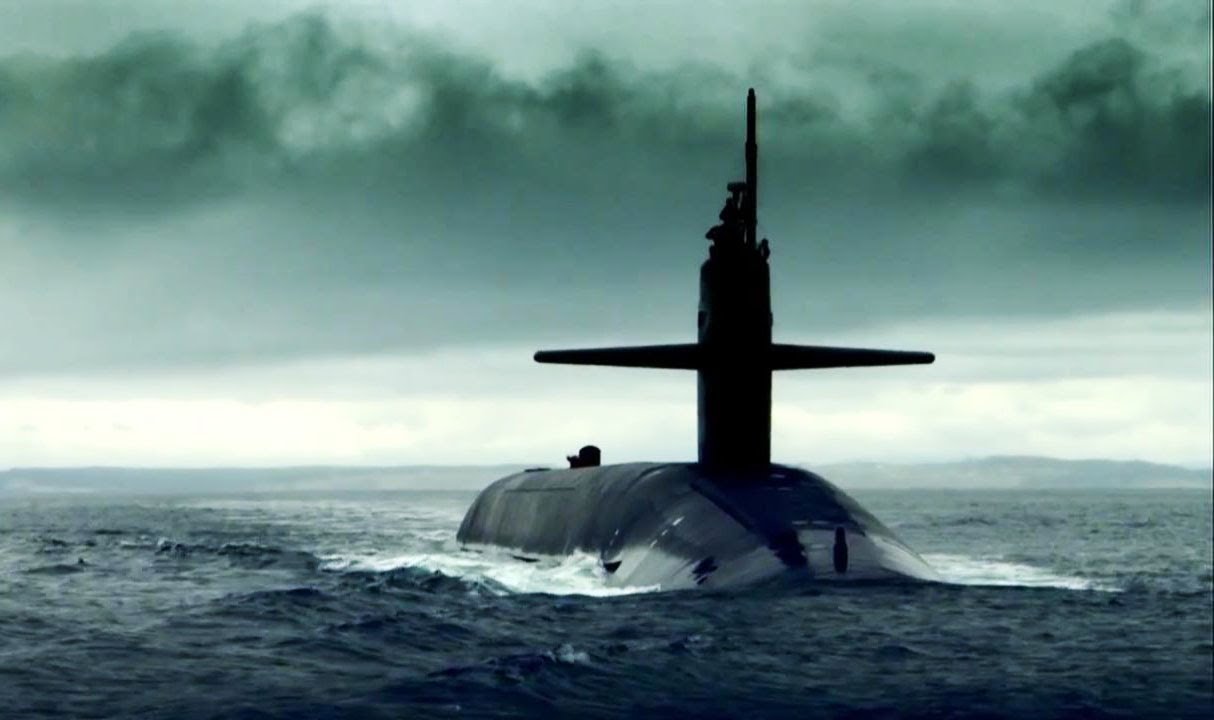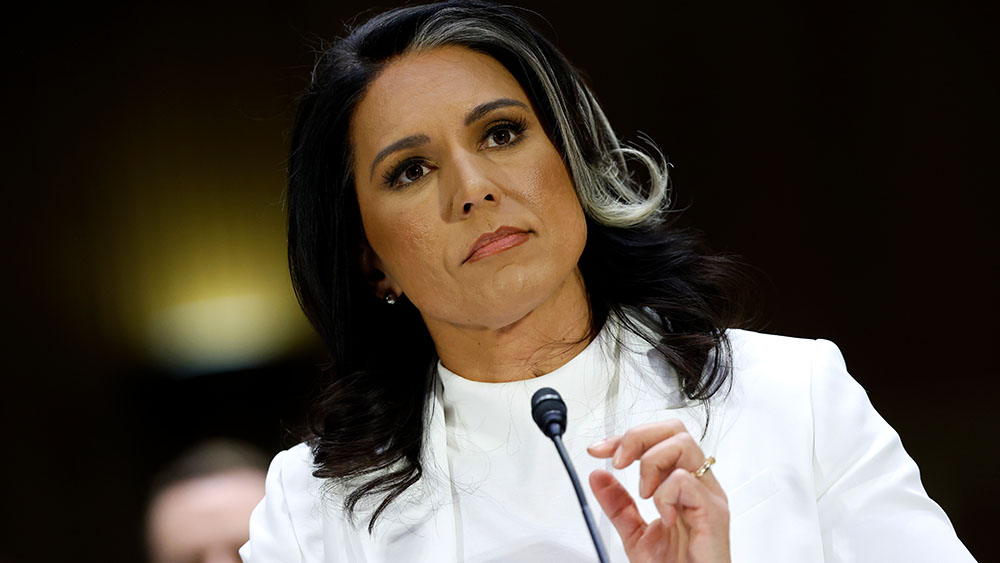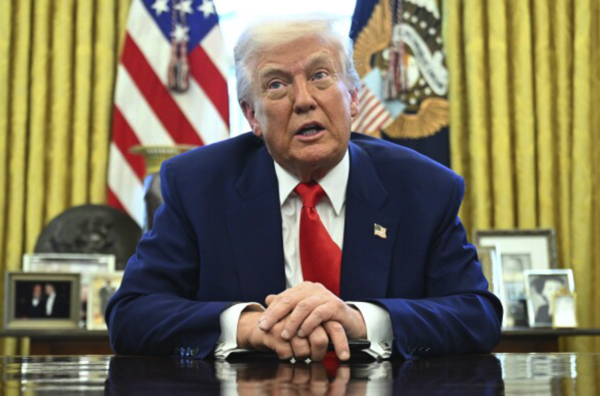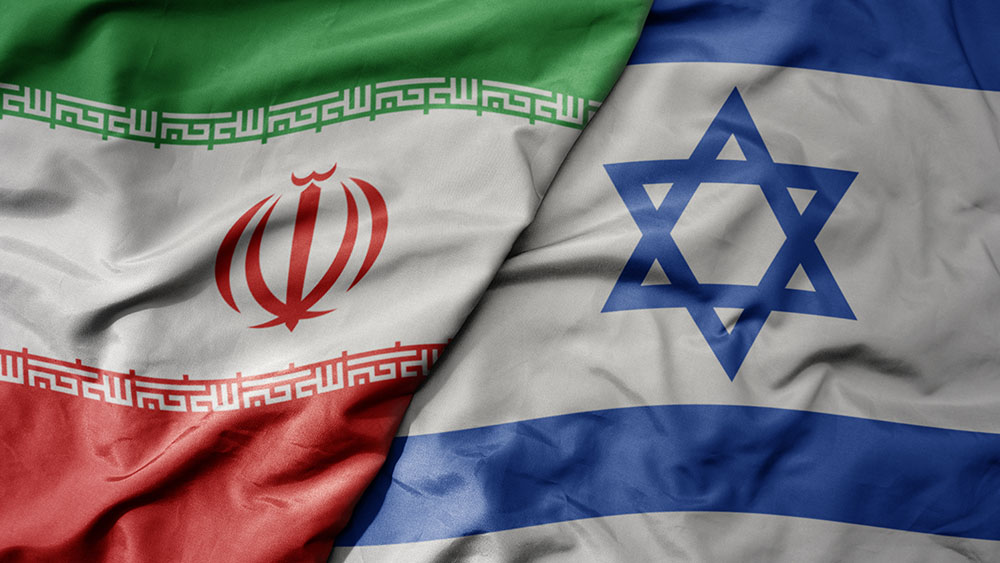 Parler
Parler Gab
Gab
- The Trump administration is formally reviewing the AUKUS submarine pact with Britain and Australia, raising concerns about potential U.S. withdrawal under an “America First” agenda.
- Pentagon official Elbridge Colby, a skeptic, is leading the review, questioning the commitment to supply submarines due to fears over China-Taiwan tensions.
- Britain and Australia signaled confidence in the deal’s longevity, insisting it remains critical to Indo-Pacific stability and counter-China strategy.
- Australia has already made initial payments totaling $3 billion toward submarine construction, with defense officials calling progress “on track.”
- Global alliance dynamics remain volatile as threats from China intensify, testing the durability of Western military partnerships.
The review: “America First” meets strategic commitment
The Biden administration forged AUKUS in 2021 to counter China’s military expansion, including its aggressive tactics in the South China Sea and Taiwan Strait. The deal’s crown jewel is Australia’s acquisition of at least five U.S. Virginia-class submarines by 2032, followed by a joint project to design a next-generation nuclear-powered fleet. Under Trump, however, the pact faces skepticism. Colby, a vocal critic of costly overseas alliances, has argued that U.S. submarines might be needed in a potential conflict with China over Taiwan. During internal Pentagon discussions, he reportedly questioned whether the U.S. could “afford to share such prized assets” amid rising geopolitical risks. A U.S. official confirmed to reporters that the review aims to “align AUKUS with the President’s priorities,” but emphasized that no final decisions have been made. The process, however, has fueled anxieties among allies. “AUKUS is too important to be held hostage to political whims,” said a British defense analyst.Allies push back: AUKUS is non-negotiable
Britain and Australia have aggressively defended the deal’s necessity. In London, Downing Street framed the U.S. review as routine, noting that all nations “regularly assess strategic partnerships.” A spokesperson cited AUKUS as “one of the most consequential alliances since NATO,” stressing it would “remain central to transatlantic security.” Australian Defense Minister Richard Marles echoed this sentiment, calling the review a “natural step” but insisting progress is “on track.” He pointed to Australia’s first $500 million payment of a $3 billion installment toward submarine construction as proof of commitment. “This is a decades-long plan,” Marles said. “We’ll work with any administration to ensure its success.” On June 10, U.S. Defense Secretary Pete Hegseth hinted at friction during a Singapore conference, urging Pacific allies to “bolster defense spending” to counter China while avoiding direct mentions of AUKUS in his speech. His tacit omission sparked questions, but he later defended the pact during a Q&A, calling AUKUS a “model for 21st-century alliances.”AUKUS as a pivot to the Indo-Pacific
AUKUS emerged from a 2021 Australia-Germany submarine deal cancellation, which critics called the “sign of the times” in shifting global alliances. When Australia abandoned French submarine contracts, snubbing Paris, it joined the U.S. and U.K. to form a trilateral military axis. The alliance’s timing was no accident: China’s navy expansion and strategic moves in the Pacific have galvanized Western nations. Australian Prime Minister Anthony Albanese recently called AUKUS “indispensable” for deterring Chinese aggression, citing Beijing’s pressure on Taiwan and resource-rich Southeast Asia. Beijing has long opposed the pact, with Foreign Ministry spokesperson Wang Wenbin condemning it as a “militarization of the Indo-Pacific.” China’s concerns, however, may be self-fulfilling: Many analysts argue AUKUS emerged precisely in response to China’s assertive naval modernization.Balancing deterrence and domestic politics
As the U.S. review drags on, AUKUS highlights the tension between immediate political calculations and long-term security needs. For Britain and Australia, the partnership is existential—they cannot afford U.S. ambivalence as China’s navy expands at a rate of one carrier each year. Yet Trump’s “America First” ethos complicates alliances forged in less isolationist eras. While Colby’s skepticism persists, public symbolism matters: When Trump meets Albanese at the G7, the absence of a clear U.S. AUKUS endorsement could send jitters through allies who count on steady U.S. foxes. For now, officials on all three sides insists “irreversible progress” is being made. But as Hegseth’s guarded remarks reveal, this alliance’s endurance will depend on answers to one question: Can a “first” world power safely withdraw from a “free-world” pact? Sources for this article include: TheNationalPulse.com Independent.co.uk News.Sky.comIsrael’s strike on Iran raises questions: Preemptive strike or aspirational regime change?
By Willow Tohi // Share
Coal’s unyielding reign: Asia’s reliance and U.S. policies fuel global growth
By Willow Tohi // Share
FDA halts clinical trials shipping American cells overseas due to national security risks
By Willow Tohi // Share
Zakharova: Israel has “no right” to impose REGIME CHANGE in Iran
By Ramon Tomey // Share
Iran accuses IAEA chief of bias amid strikes on nuclear sites
By Belle Carter // Share
Governments continue to obscure COVID-19 vaccine data amid rising concerns over excess deaths
By patricklewis // Share
Tech giant Microsoft backs EXTINCTION with its support of carbon capture programs
By ramontomeydw // Share
Germany to resume arms exports to Israel despite repeated ceasefire violations
By isabelle // Share










